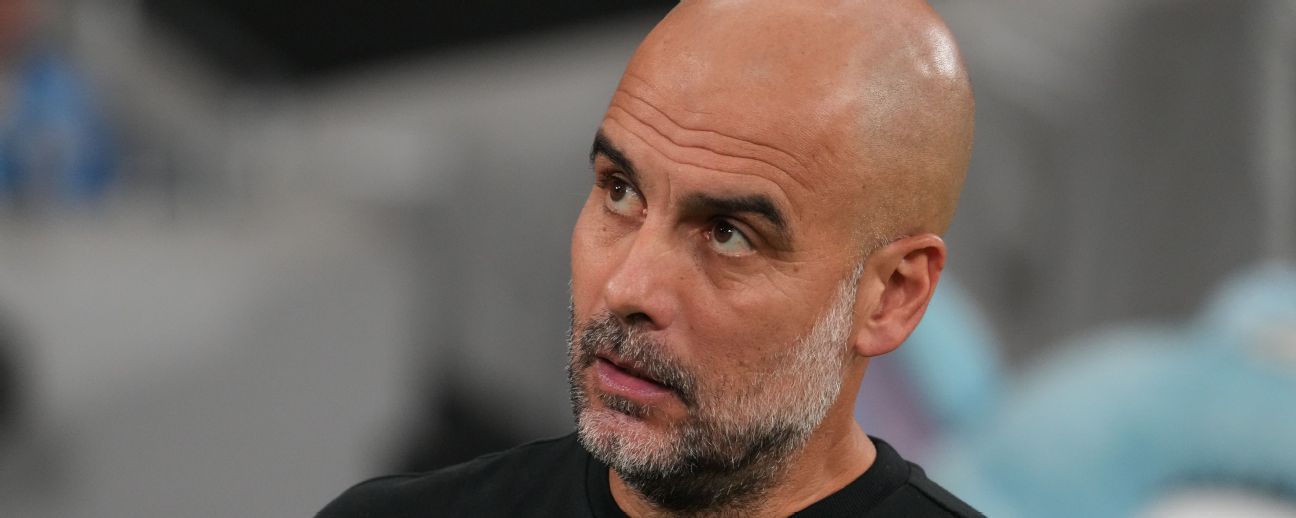In recent years, the impact of financial powerhouses in football has become increasingly prevalent, with the transfer market being significantly influenced by the injection of huge sums of money. One such club that has been at the forefront of this transformation is Manchester City, whose manager, Pep Guardiola, recently shared his thoughts on how Saudi Arabia’s financial influence has changed the transfer market.
Recently, Riyad Mahrez, a key player for Manchester City, made the surprising move to Al Ahli in the Saudi Pro League. With his impressive record of 78 goals and 59 assists for City, Mahrez’s departure has raised eyebrows and sparked discussions about the growing influence of money in football transfers.
The decision to move to Al Ahli was not made lightly, and it has been reported that the deal was worth a substantial £30 million ($38.7 million). This demonstrates the financial power Saudi Arabia possesses and its willingness to invest in football clubs and players. The country’s emergence as a financial powerhouse has undeniably changed the dynamics of the transfer market.

Pep Guardiola, known for his astute observations and managerial prowess, acknowledged the impact of Saudi money on the transfer market. In a recent interview, he commented on how the financial influence from Saudi Arabia has shaken up traditional transfer dynamics. Guardiola’s views shed light on the shifting landscape of football transfers and the challenges faced by clubs like Manchester City.
The impact of Saudi money on the transfer market goes beyond individual player transfers. It has created a ripple effect that influences how clubs conduct their business and make strategic moves. Smaller clubs may struggle to compete financially, while elite clubs like Manchester City have more resources at their disposal to secure top talents and bolster their squads.
While the financial power of Saudi Arabia may provide advantages to clubs backed by their investors, it also raises concerns about the long-term sustainability of the sport. The concentration of wealth in a few clubs can disrupt competitive balance and hinder the growth of other teams. Finding a balance between financial power and maintaining the integrity of the sport becomes imperative to ensure continued progress.
Pep Guardiola’s remarks on Saudi Arabia’s financial impact on the transfer market have ushered in discussions about the changing dynamics of football transfers. Manchester City’s loss of Riyad Mahrez to Al Ahli serves as a tangible example of this shift. As clubs begin to adapt to this new reality, finding ways to maintain competitiveness and sustainability becomes paramount. The football world can expect further changes as financial powerhouses continue to shape the transfer market. Meanwhile, fans eagerly anticipate the release of Manchester City third kit 23-24 season, showcasing the intersection of tradition and financial influence.